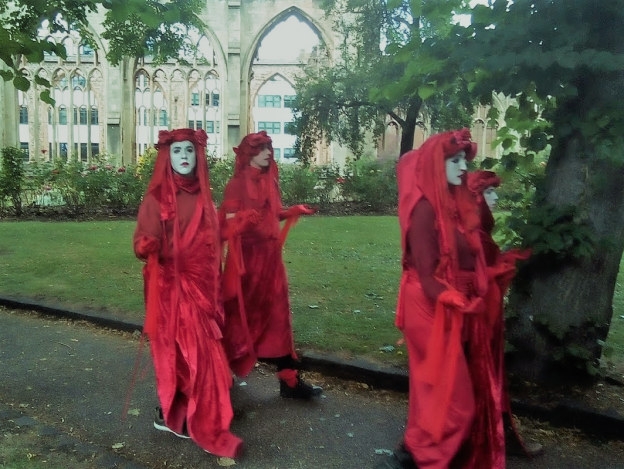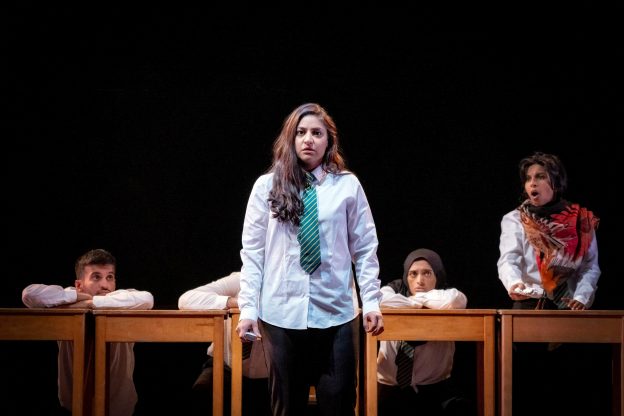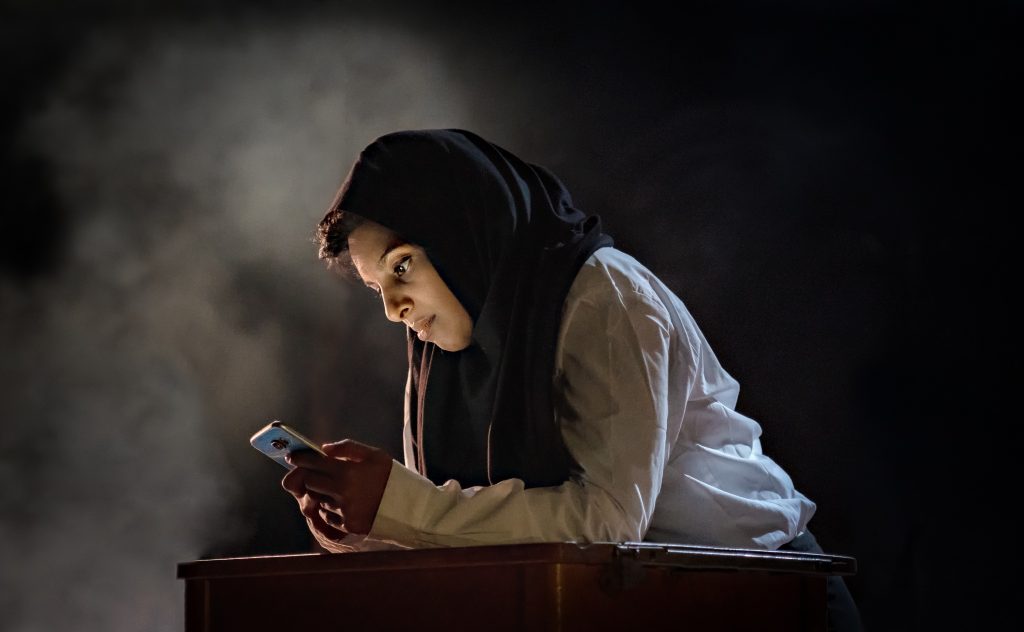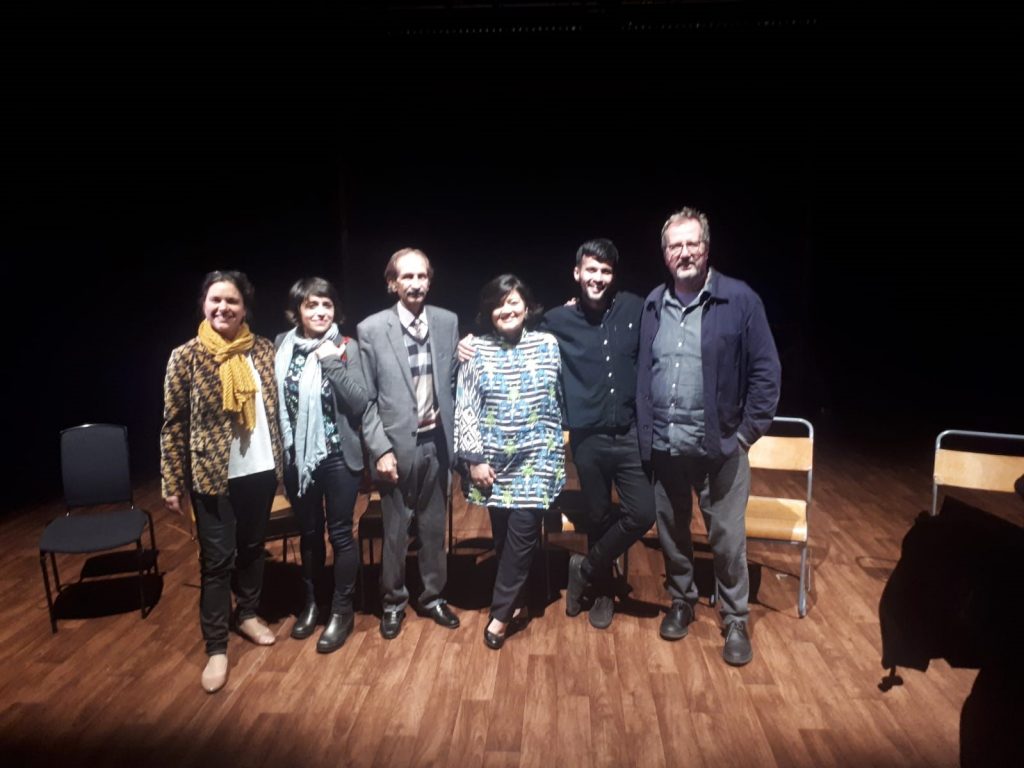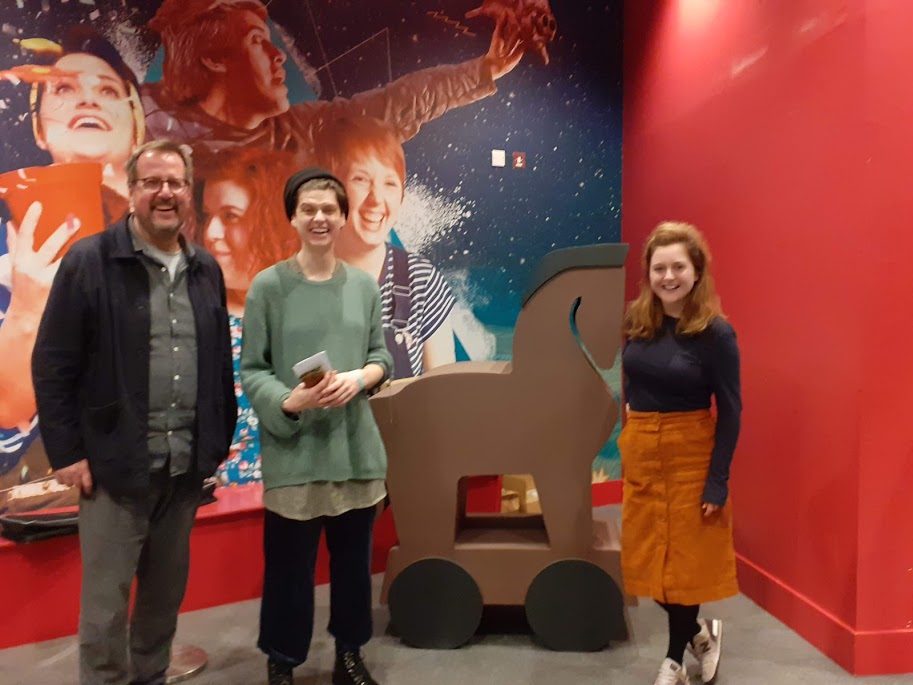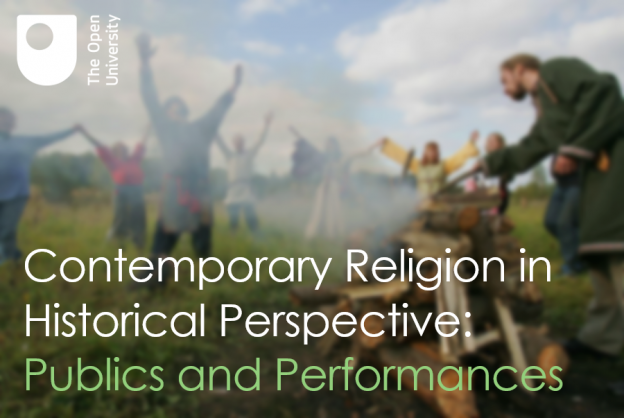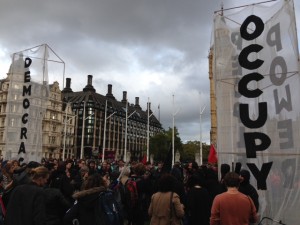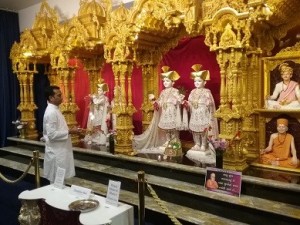By Theo Wildcroft
As an independent scholar who’s a Visiting Fellow for the Open University but self-employed, a lot of my regular academic work is actually engagement work. It means translating my research findings on the teaching of contemporary yoga, into workshops and trainings for the subcultures that I research, rather than syllabi for students. As a result, I’m spending a lot of time at the moment organising and planning my schedule of events for the year – honouring my commitments as guest faculty on various yoga teacher trainings, running continuing professional development workshops, and accepting invitations to conferences, both here and abroad.
I speak at both practitioner and academic conferences, but one academic conference this September that I am most excited to attend is hosted by Chester University, and the topic is ‘Spiritual Abuse: Coercive control in religions’. Its remit is wide and interdisciplinary, and the subject is a brave one to tackle. I was generously invited to, and I have proposed, a panel on sexual abuse in yoga, but I am sure there will be many panels of vital interest to my ongoing research. Although it was slightly tangential to my thesis, sexual abuse is a live issue that has been at the heart of contemporary yoga discourse for the last few years. It involves attempts to gain justice for long term historical issues, debates about regulating an international profession in a post-colonial context, and the development of significantly new pedagogical practices.
The largest yoga teaching accreditation body in the world, Yoga Alliance, has spent two years redrawing their ethical standards for yoga teachers, and I have been a small part of that process. A number of independent researchers have also been involved in the wider public discourse, and I know that their contributions will be welcomed at the conference in Chester. Working to high standards of rigour and ethics, but beyond the academy, independent researchers have built upon established research from multiple disciplines in order to debate the relationship between abusive behaviours and the development of touch in teaching yoga, or theorise the relationship between charismatic teaching, habitus and somatic dominance in teaching spaces. These writers and researchers have been able to be part of holding abusive organisations and individuals to account, on behalf of survivors, and often at considerable personal cost.
For myself, a year since my PhD was awarded, and like almost all of my cohort, I’m realising that there may not be a permanent, full-time academic post in my future. But unlike many, when I started my PhD, I had a decade of self-employment behind me. In the course of completing my doctorate, I’ve managed to grow a significant level of organic engagement among the communities of my research that wouldn’t have been possible while also holding down a full-time academic post. I now earn about half of my annual income by teaching workshops on my research. I promote my work with interviews, blog posts and podcasts. I am working on online content and planning a second book, and as a result of all this work, I might actually break the income tax threshold this year, which is more than some of my peers.
As a result, I find myself among a growing number of those, post-PhD, who want to keep researching, learning, and teaching, and really want to stay in conversation with our colleagues and mentors, but don’t see a traditional academic position as very attainable. Instead, we’re finding ways to collaborate on edited volumes and events, writing and creating content for a multitude of platforms, experimenting with applying for smaller grants for specific pieces of work, and wondering about charitable funds and even crowdfunding options. It is all very alt-ac – very higher ed 2.0 – but it comes with a number of issues.
The most immediate is the umbrella under which such work happens. Some of us are lucky enough to still be sheltered by the institutions that awarded our PhDs, but that accreditation has a time limit. Being a Visiting Fellow at the OU awards me access to the library (and thus academic databases and scholarly content behind the paywall), and an email address (and thus the required legitimacy for conference submissions and other scholarly endeavours). Leaving it behind would render the core work of a scholar – being part of the greater academic conversation – much more difficult.
This is a problem we’re going to need to solve, not just as individuals, but as a sector, as academia attempts to diversify its models of working in ways that are more sustainable, more engaged with the public, more inclusive to different working patterns, and, to be honest, more budget-friendly. Independent researchers can work in ways that academics with full teaching loads cannot. We can do fieldwork and engagement, writing and research that is unavailable to many scholars. Yet funders and institutions alike can find it difficult to collaborate with alternative academic projects that aren’t fully embedded in established institutions and established industries.
The conference on Spiritual Abuse in Chester shows the invaluable addition that independent scholars are making to broad cultural discourses on vital issues of religious ethics. Given that, and the support of colleagues organising the conference, it seems odd that my hardest task in bringing together this ground-breaking group of researchers, for an unprecedented conversation, is going to be proving not the value or quality of their work, but their institutional credentials.
Given the increasingly arbitrary boundary between academia and independent research, as scholars are increasingly encouraged to bridge the gap between engagement, advocacy and social impact, are there not better ways to organise our conferences, our research projects, and our peer reviewed outputs? Can scholarly discourse find a way to both support and learn from the academy, whilst also supporting and including independent, casualised and precariously-employed researchers? Could the role of Independent Scholar find a similar but different status to Visiting Fellow: part of the conversation, even if not a formal part of the institution? After all, increasingly, we’re doing a lot of the same work, and there are so many things we can learn from each other.


